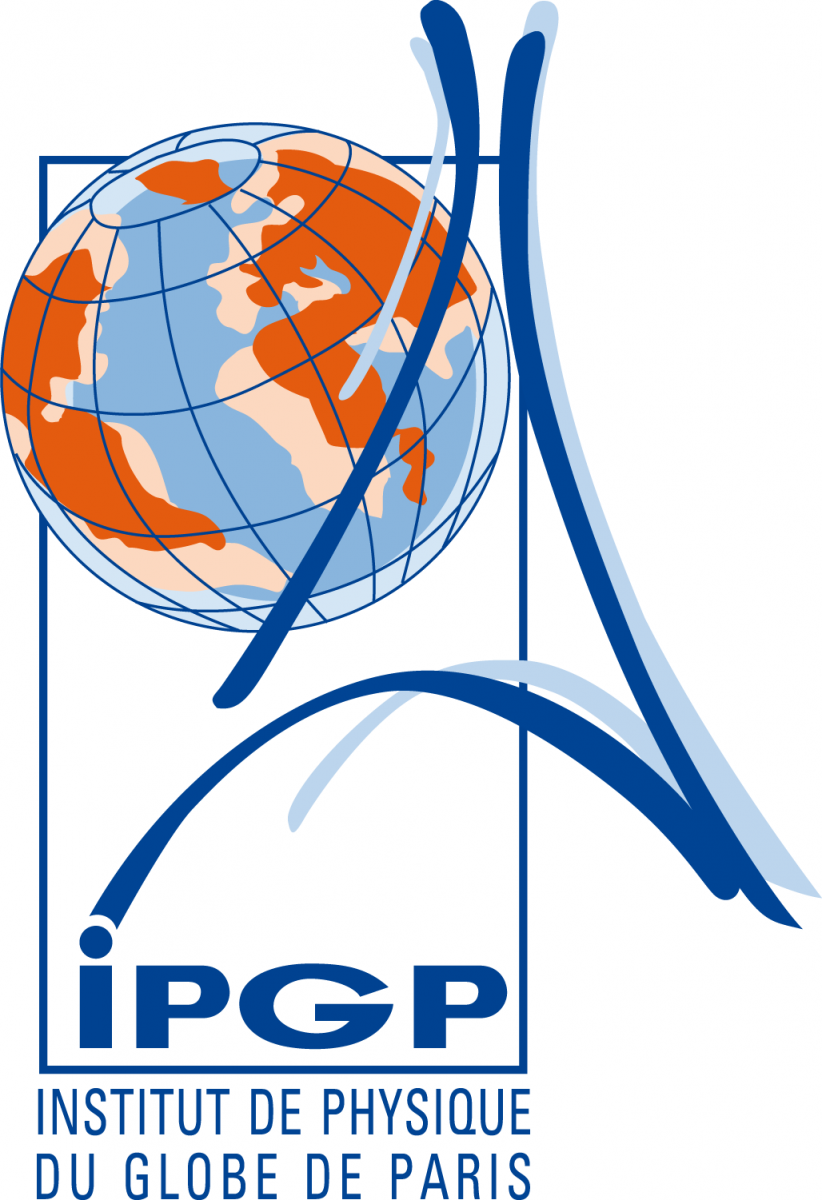The proponents of an upcoming IODP drilling project encourage you to apply to join the science parties for the IODP South Atlantic Transect Expeditions (Expedition 390, 5 Oct – 5 Dec 2020 and Expedition 393, 6 Apr – 6 June 2021). These joint expeditions comprise a multidisciplinary drilling project that aims to recover complete sedimentary sections and ~200 m of oceanic crust along a crustal age transect at ~31°S across the South Atlantic.
***Application to sail deadline: 1 August 2019***
This project will revisit a transect first drilled 50 years ago during DSDP Leg 3, to:
- Investigate the history of the low-temperature hydrothermal interactions between the aging ocean crust and the evolving South Atlantic Ocean.
- Quantify past hydrothermal contributions to global geochemical cycles.
- Investigate sediment and basement-hosted microbial community variation with substrate composition and age in the low energy South Atlantic Gyre subseafloor biosphere.
- Investigate the responses of Atlantic Ocean circulation patterns and the Earth’s climate system to rapid climate change, including elevated CO2 during the Cenozoic.
The South Atlantic Transect expeditions will target six primary sites on 7, 15, 31, 48, and 63 Ma ocean crust. The proposed transect, which follows a Mid-Atlantic Ridge crustal flow-line, will fill critical gaps in our sampling of intact in-situ ocean crust with regards to crustal age, spreading rate, and sediment thickness. The transect traverses the previously unexplored sediment- and basalt-hosted deep biosphere beneath the South Atlantic gyre, samples of which are essential to refine global biomass estimates and investigate microbial ecosystems’ responses to variable conditions in a low energy gyre and aging ocean crust. The transect is located near World Ocean Circulation Experiment (WOCE) line A10, providing access to records of carbonate chemistry and deep-water mass properties across the western South Atlantic through key Cenozoic intervals of elevated atmospheric CO2 and rapid climate change. Reconstruction of the history of the deep western boundary current and deep-water formation in the Atlantic basins will yield crucial data to test hypotheses regarding the role of evolving thermohaline circulation patterns in climate change, and the effects of tectonic gateways and climate on ocean acidification.
This joint project will be highly multidisciplinary, and opportunities exist for researchers (including graduate students) in all shipboard specialties – including but not limited to sedimentologists, petrologists, micropaleontologists, paleomagnetists, petrophysicists, inorganic and organic geochemists, microbiologists, and borehole geophysicists. We would be grateful if you would consider applying or encourage graduate students/early career researchers from your group to apply.
As Expeditions 390 and 393 are being implemented as a joint science program, participants of the Expedition 390 & 393 shipboard science parties will have access to samples and data from both expeditions.
Application to sail deadline: 1 August 2019
For more information about the expedition science objectives and the JOIDES Resolution Expedition Schedule see http://iodp.tamu.edu/scienceops/ - this includes links to the individual expedition web pages with the original IODP proposal and expedition planning information.
Kind regards,
Roz Coggon, Bobby Reece, Gail Christeson, Damon Teagle, Brandi Kiel Reese, Jason Sylvan, R. Mark Leckie and Chris Lowery.




